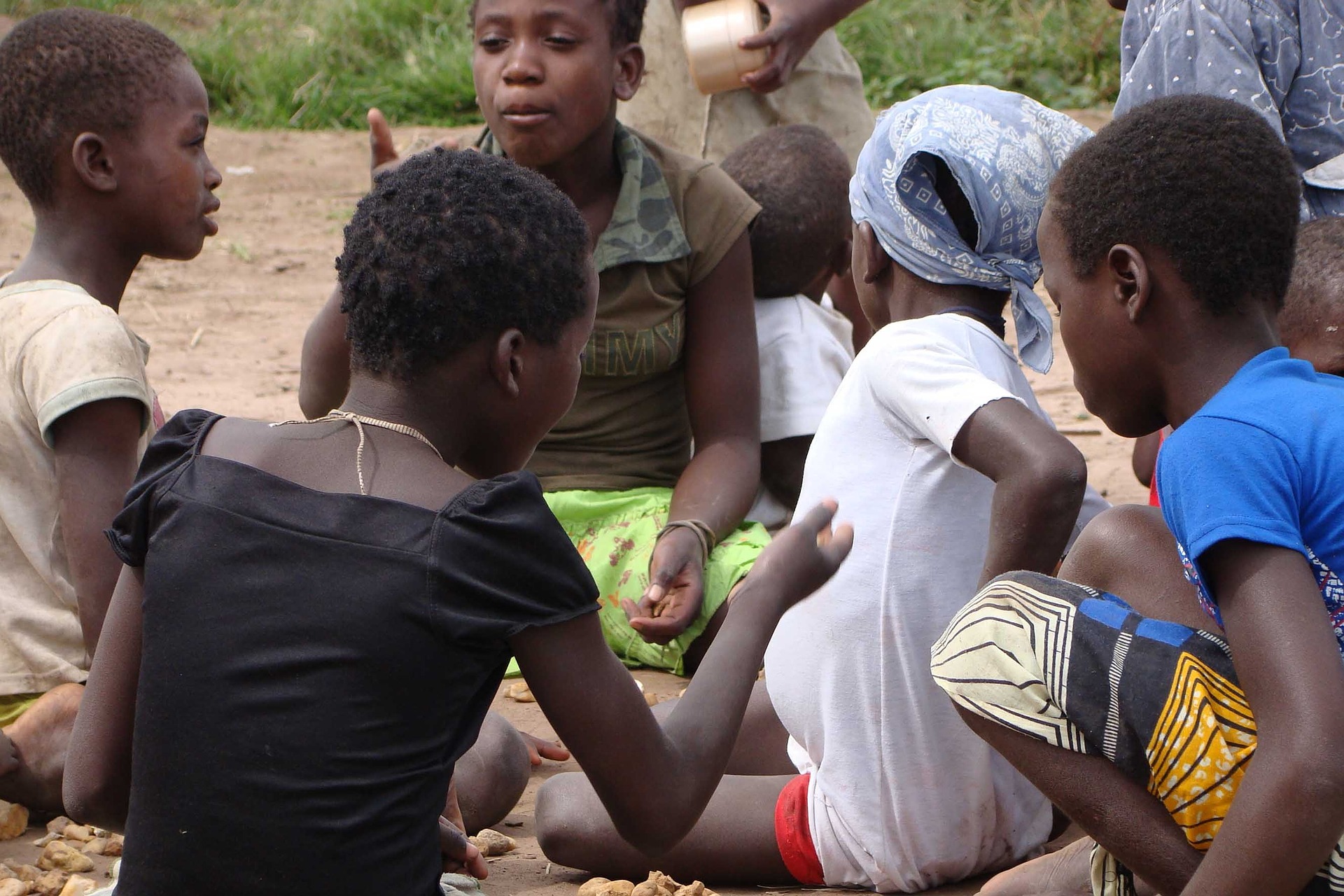
Senegal results-based financing impact evaluation vi
Performance-Based Financing in Healthcare is a system that links payment mechanisms (i.e. “Financing”) to outcomes (i.e. “Performance”). Performance-Based Financing in Africa aims to help increase coverage and improve quality for maternal and child health services. In Senegal, RTA is involved in providing survey management solutions to baseline surveys in 4 regions of Senegal: Kédougou, Sédhiou, Tambacounda and Ziguinchor. The baseline surveys for households and health facilities aim to establish health indicators, for future impact evaluation of Performance-Based Financing elements in Senegal.

Cameroon results-based financing impact evaluation vi
Performance-Based Financing in Healthcare is a system that links payment mechanisms (i.e. “Financing”) to outcomes (i.e. “Performance”). Performance-Based Financing in Africa is aimed to help increase coverage and improve quality for maternal and child health services. Since PBF has not been implemented on any meaningful scale and been systematically evaluated in Cameroon, the results from the impact evaluation are also expected to help design national PBF policy.

Impact evaluation of biogas and eco-toilets in Dong Hoi City, Vietnam vi
In an attempt to harness climate change effect on vulnerable groups in developing countries, ADB has designed a program that provides loan for households in Dong Hoi to build biogas digesters to deal with climate change related risk. This project aims to evaluate the impact of increasing the density of eco-toilets and biogas digesters on sanitation, health condition and household incomes in Dong Hoi.
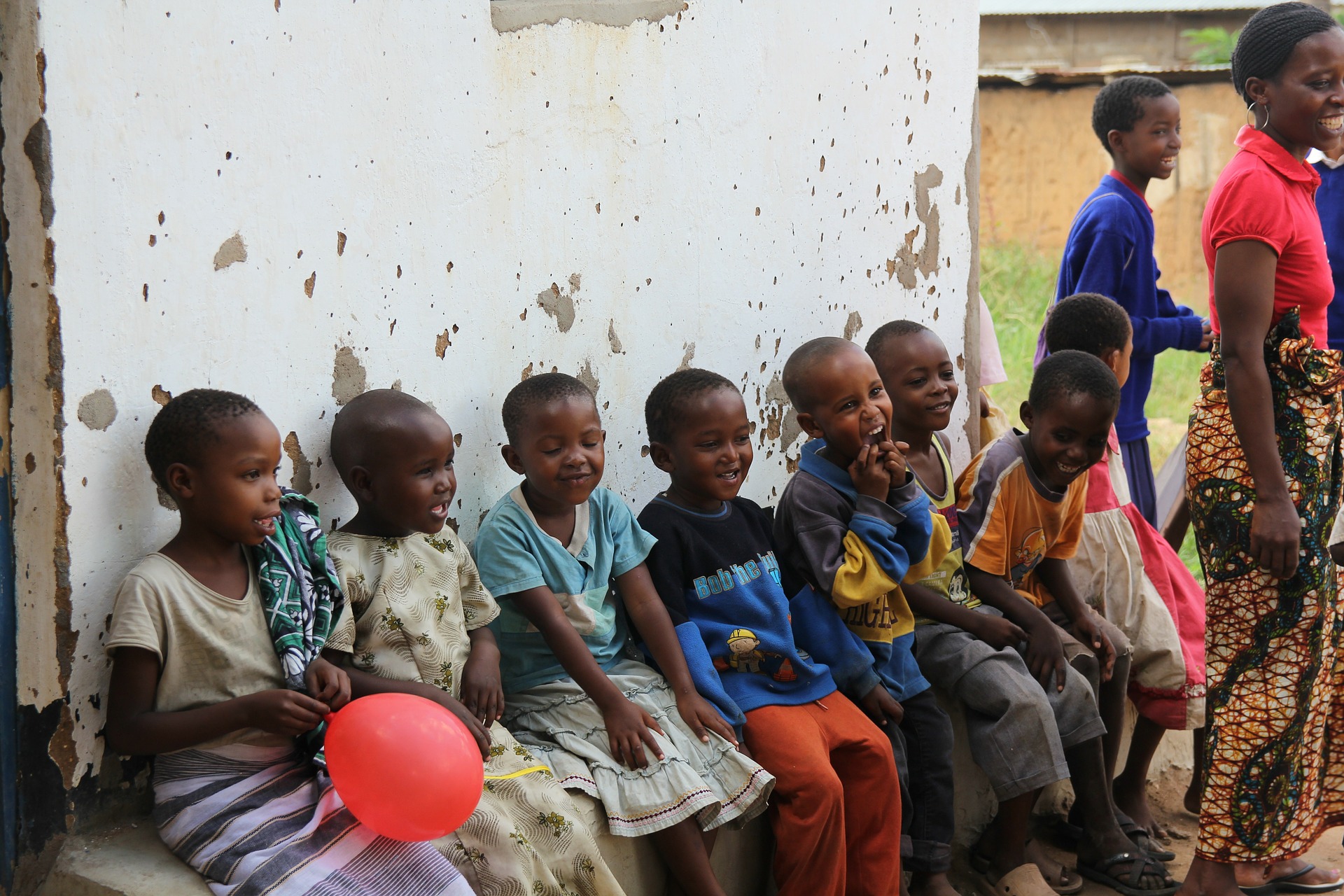
Democratic Republic of Congo results-based financing impact evaluation vi
Performance-Based Financing in Healthcare is a system that links payment mechanisms (i.e. “Financing”) to outcomes (i.e. “Performance”). Performance-Based Financing in Africa aims to help increase coverage and improve quality for maternal and child health services. In the Democratic Republic of Congo, Performance-Based Financing has begun since 2012 and it is now on its road to cover the entire country.
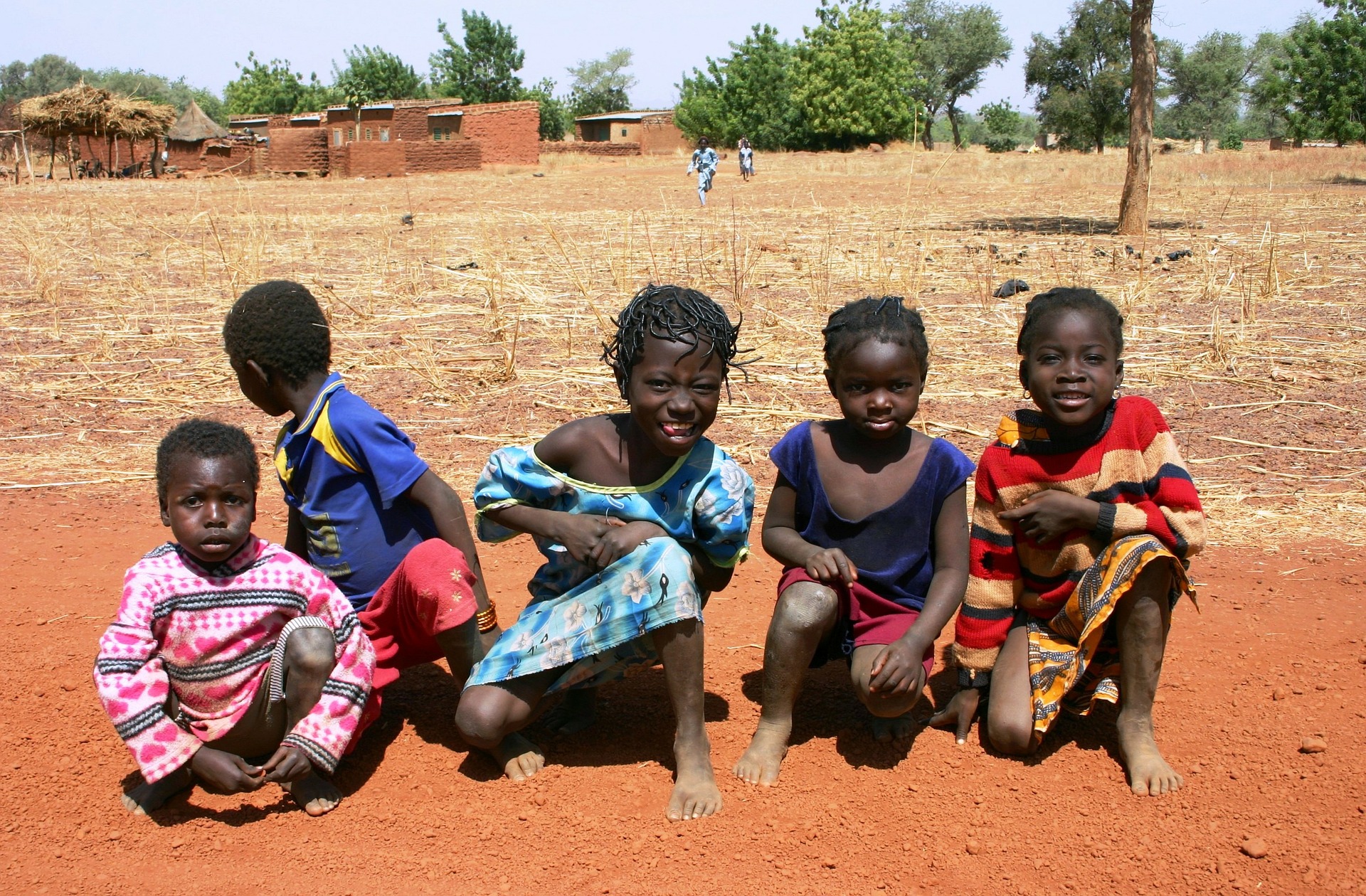
Republic of Congo results-based financing impact evaluation vi
Performance-Based Financing in Healthcare is a system that links payment mechanisms (i.e. “Financing”) to outcomes (i.e. “Performance”). Performance-Based Financing in Africa aims to help increase coverage and improve quality for maternal and child health services. In the Republic of Congo, Performance-Based Financing has begun since 2012 and it is now on its road to cover the entire country.
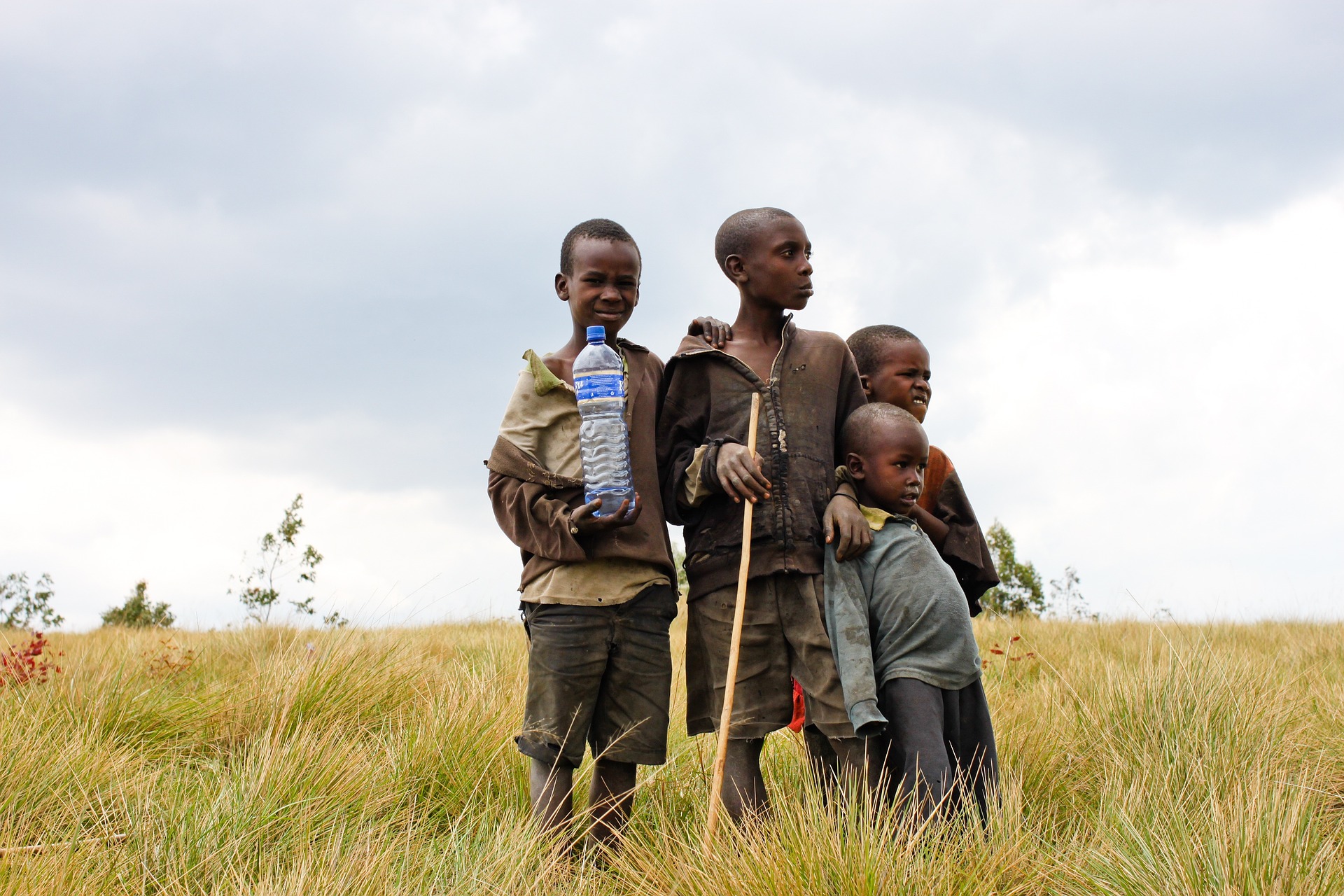
Designing and implementing a tablet-based cloud data management platform for community-based targeting of the poor in Burkina Faso vi
Results-Based Financing in Healthcare is a system that links payment mechanisms (i.e. “Financing”) to outcomes (i.e. “Performance”). Results-Based Financing in Africa aims to help increase coverage and improve quality for maternal and child health services. In Burkina Faso, The new World Bank operation has extended coverage of PBF to an additional twelve districts distributed across six regions. The objective of the impact evaluation is to the impact of the PBF intervention on maternal and child health outcomes such as quality of care and health service utilization.
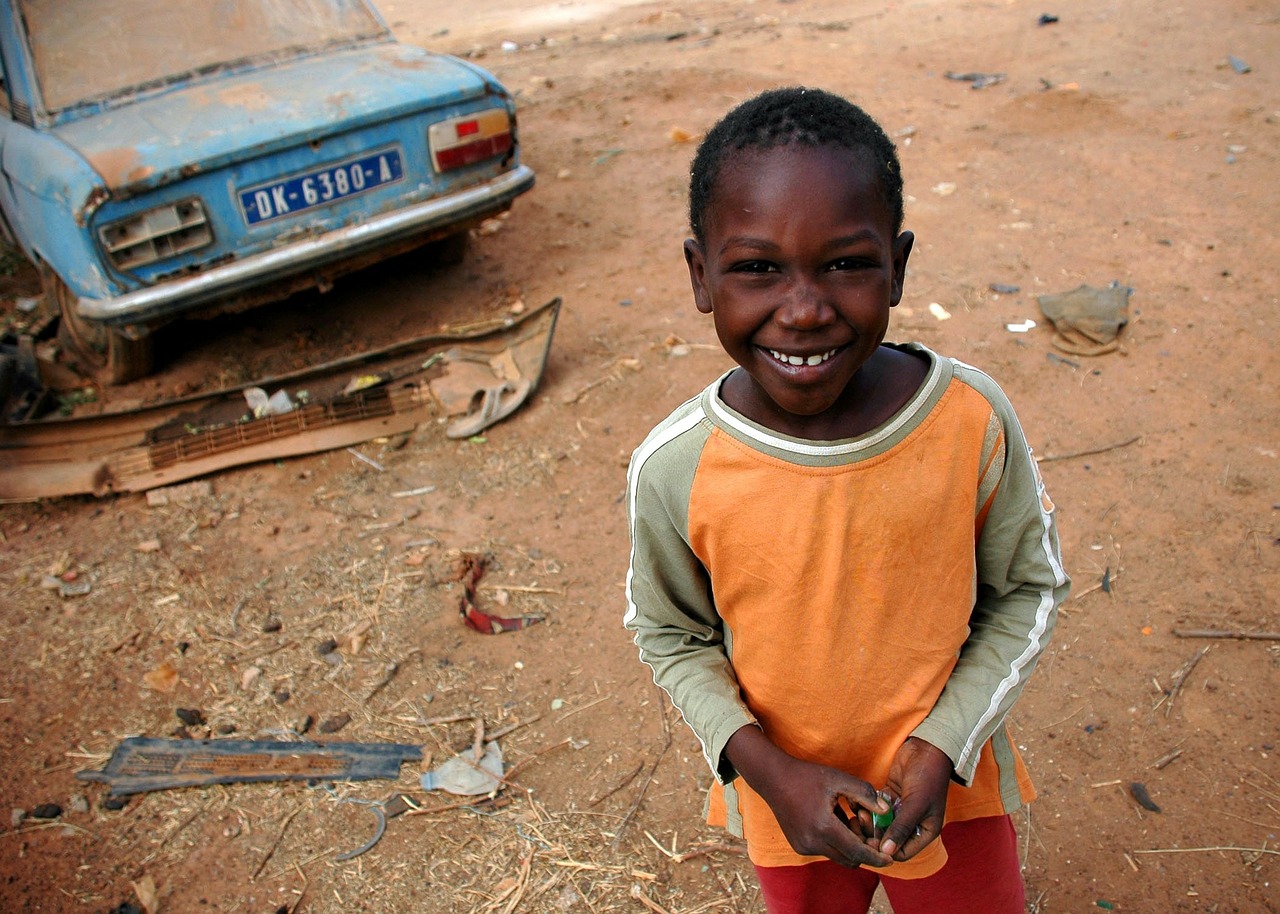
Contractual services to design a cloud-computing operational platform for performance based vi financing in Central African Republic (CAR) vi
Performance-Based Financing (PBF) is a system that links payment mechanisms (i.e. “Financing”) to outcomes (i.e. “Performance”). In Africa, PBF projects are launched to increase coverage and improve quality for maternal and child health services. PBF operations generate an array of data types that are used for implementation as well as tracking progress of health facilities and the overall PBF intervention.
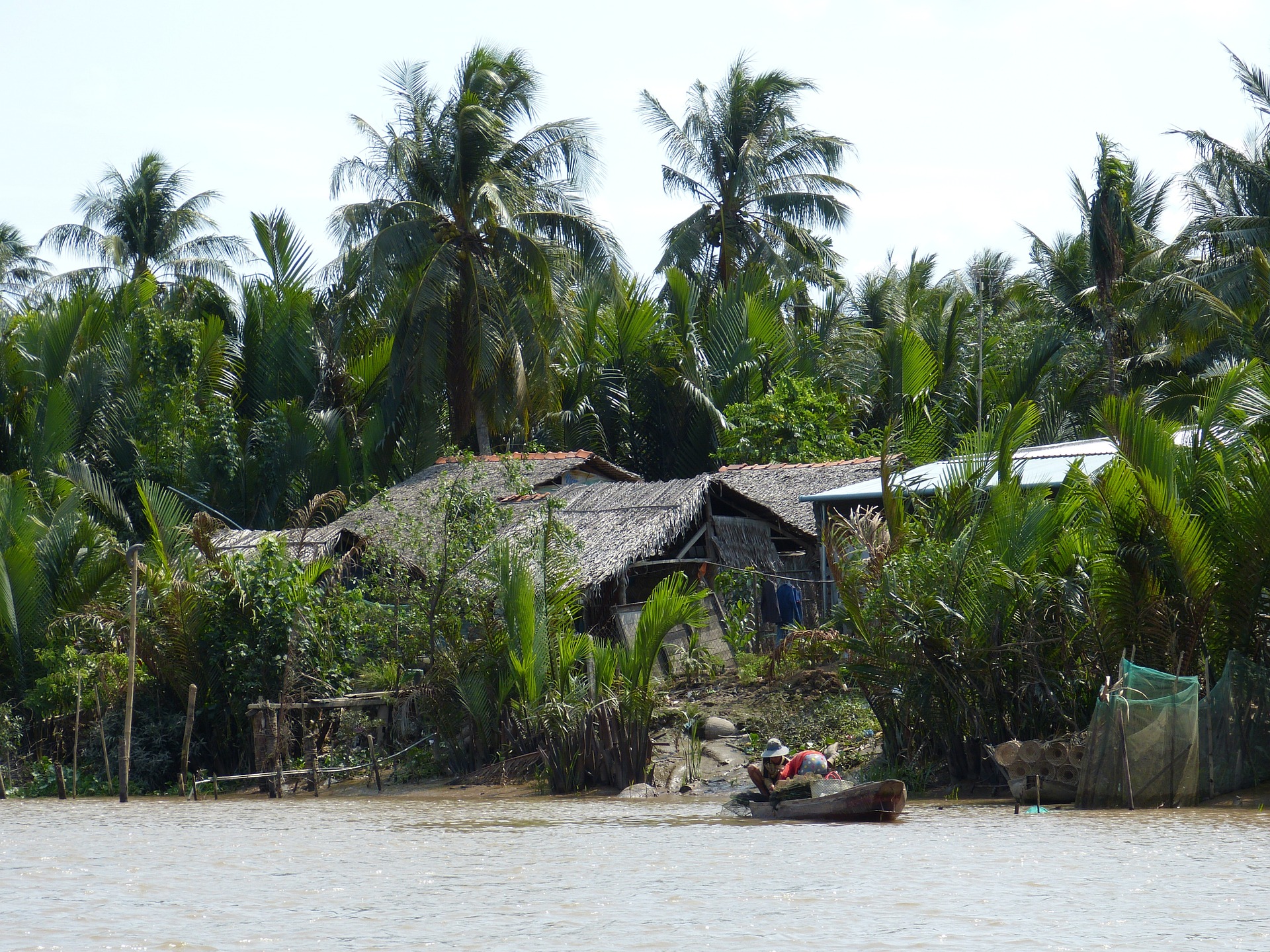
Agricultural development and poverty pockets survey vi
Commercialization of agricultural production and access to markets are vital for smallholders and growth in developing countries. Even though, positive growth is recorded in market-oriented agricultural regions, social differentiation still occurs and poverty prevails in certain geographically concentrated areas, i.e. in poverty pockets. The study investigates poverty changing dimensions of agricultural growth and diversification process that unfolds in the Mekong River Delta (MRD), through the conduction of surveys for 640 households in 4 provinces of MRD.
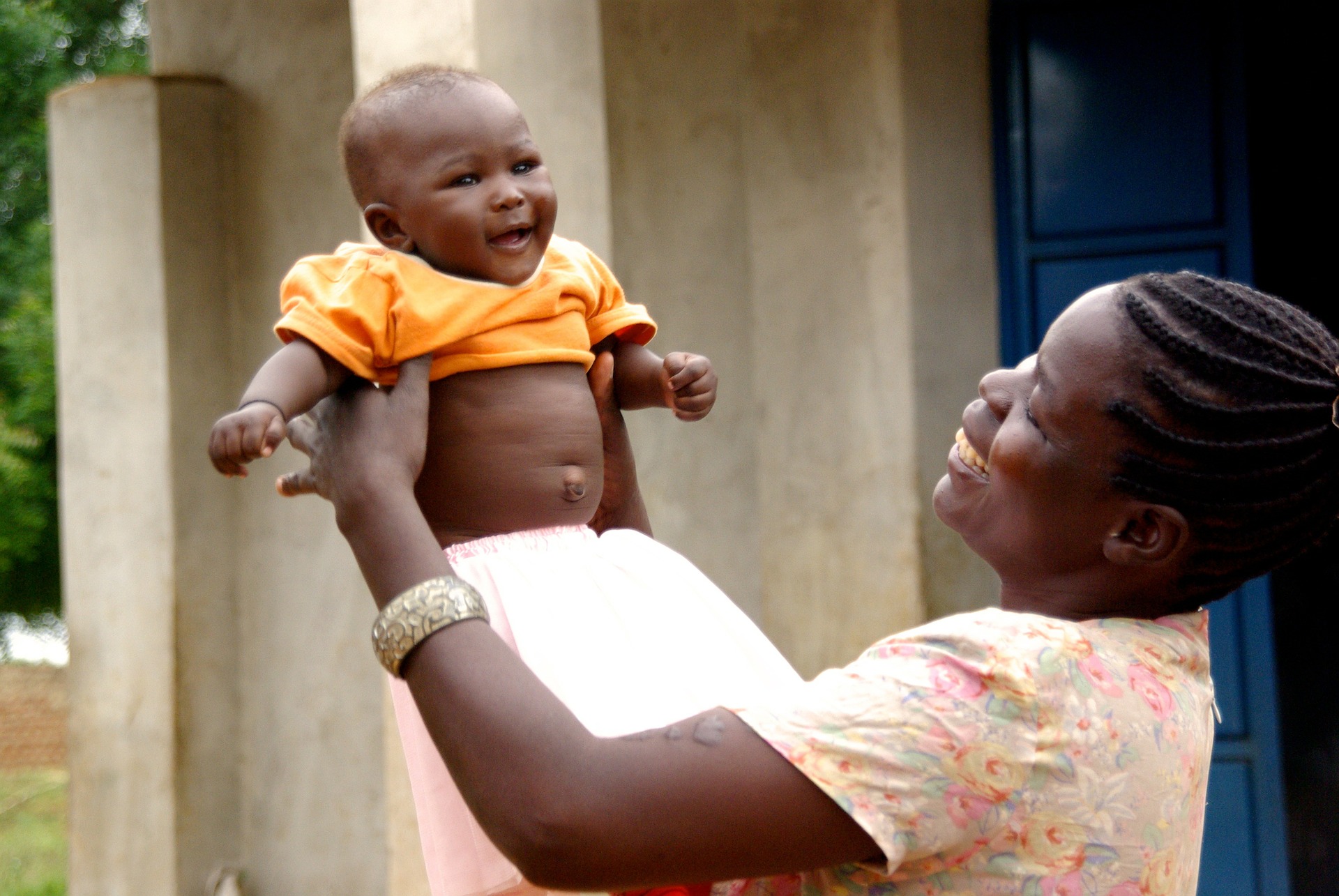
Support for implementation of performance-based financing in Asia and Africa vi
Performance-Based Financing (PBF) is a system that links payment mechanisms (i.e. “Financing”) to outcomes (i.e. “Performance”). The project is aimed to have a better understanding about how PBF is being operated in Public Health sector in Asian and African countries and how data is collected and managed for PBF projects in such countries. Analysis from the projects is meant to assist PBF practitioners during implementation.
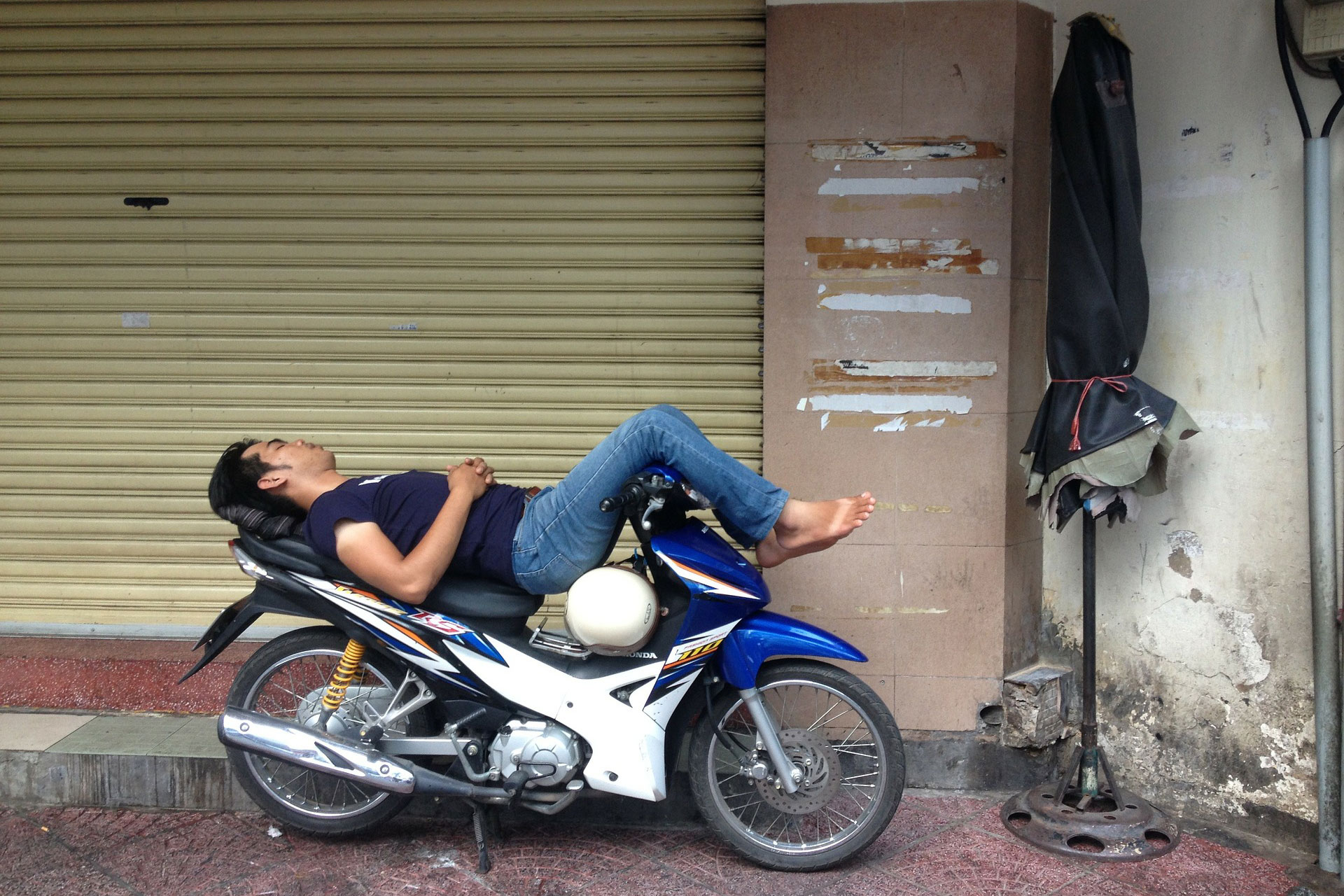
Urban migrant survey Vietnam 2012-2013 vi
The study investigates the life conditions of rural – urban migrant households in Vietnam. Results of the study become the bases for academic research and governmental evidence-based policy evaluation. Real-Time Analytics was in charge of conducting a 500-household sample survey in Ho Chi Minh City.
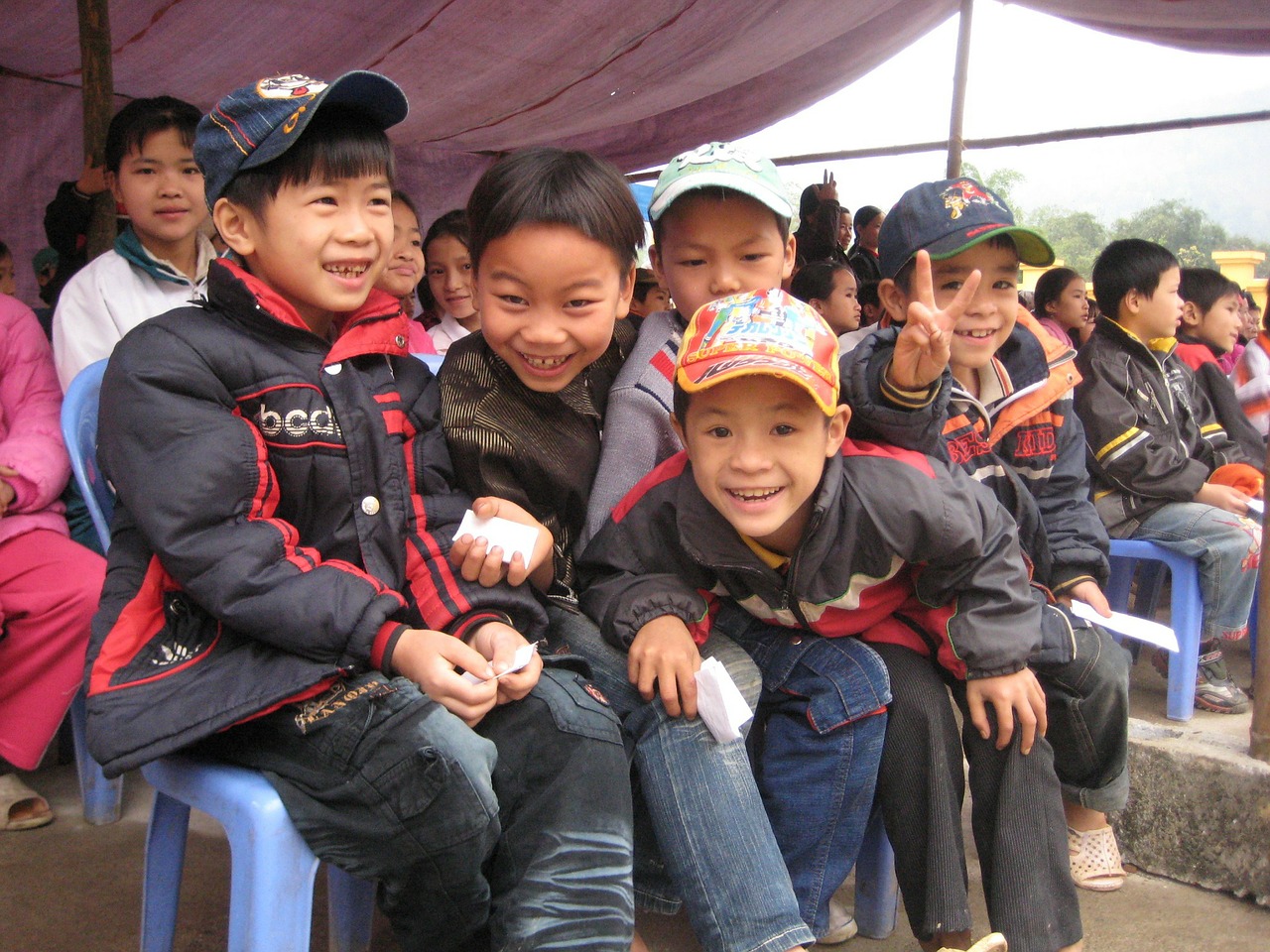
Vietnam Escuela Nueva Project (VNEN): Impact evaluation of the first year vi
VNEN is a large education project funded by the Global Partnership for Education and carried out nationwide by the Ministry of Education and Training of Vietnam, with support from the World Bank. The project aims to improve teaching and learning capacities in primary schools, using a model that achieved success in Colombia. VNEN teaching and learning methodology centers on students and stimulates independent and creative thinking. The impact assessment of the project in the 2013-2014 school year aims to lay the foundation for the project’s overall evaluation.

Technical support for the tablet-based approach to JUPI surveys vi
The Justice Index is the result of a collaborative effort between the Viet Nam Lawyers’ Association (VLA), the Centre for Community Support Development Studies (CECODES), the Viet Nam Union of Science and Technology Associations, and the United Nations Development Programme (UNDP) in Viet Nam since 2010. The Justice Index introduces a new approach to the assessment of the ongoing legal & judicial reform process. It gives stakeholders a chance to assess and monitor positive changes in law enforcement and rights’ protection in Viet Nam.

